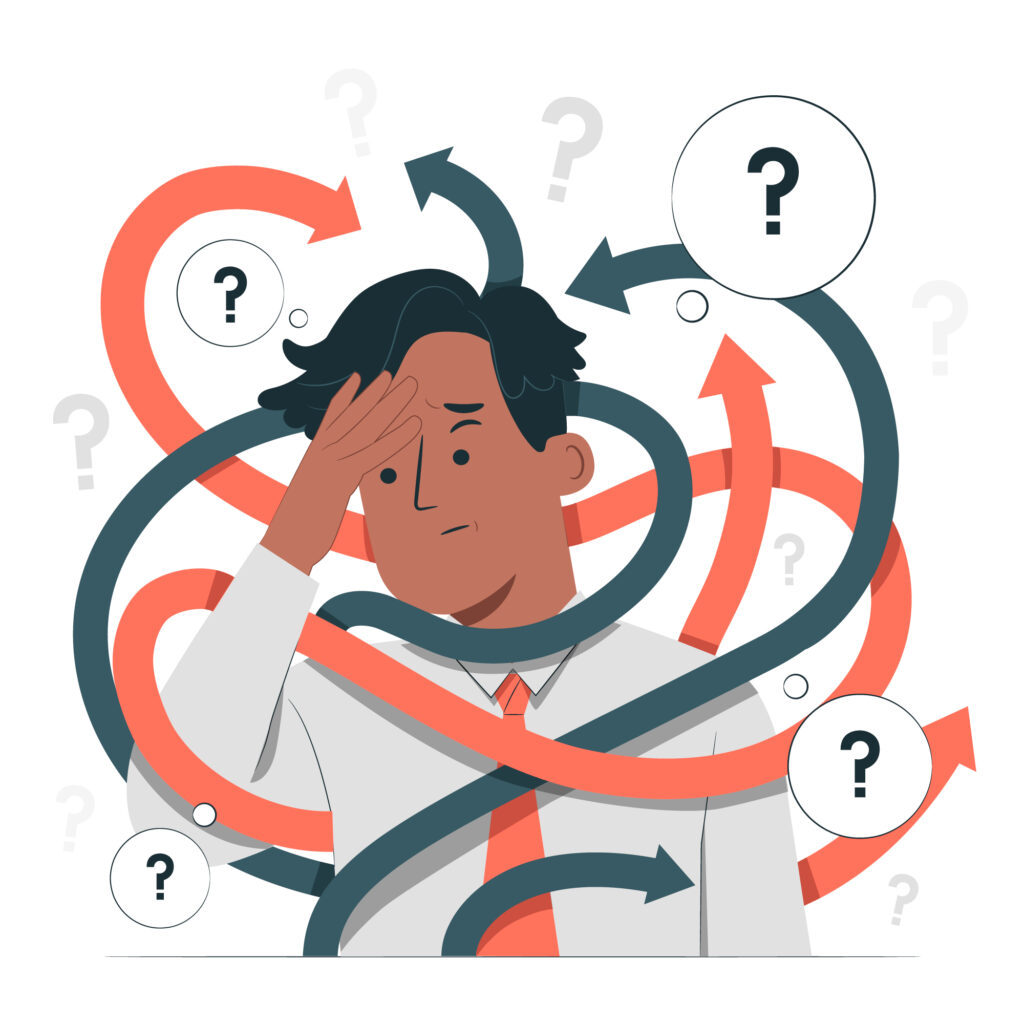
KUALA LUMPUR, June 25 (Bernama) — Nuradzlinn Abu Hashim, who lives with obsessive-compulsive disorder (OCD), has made decluttering homes of individuals with hoarding disorder a therapeutic part of her recovery journey.
The 37-year-old self-employed woman, who has been struggling with OCD since childhood, said she is battling it by helping hoarders clear their homes free of charge.
“Imagine, I used to wash my hands up to 50 times a day until they blistered and bled, and I was so obsessed with cleanliness that I changed domestic helpers 21 times in a year and a half,” she told Bernama.
She said OCD symptoms not only affected her daily life but also burdened her family and friends, eventually leading her to seek psychiatric treatment about a year ago.
On her doctor’s advice, Nuradzlinn began gradually confronting her fears, including touching objects she once considered dirty. She also launched a programme called BioQueen just over a month ago, supported by her husband Zulkefli Md Esa, 47, and about 10 volunteers, to help clean and declutter the homes of people with a hoarding problem who have persistent difficulty in parting with their possessions.
“Unlike in other countries, I find that hoarders here (Malaysia) are often neglected. There’s no proper association or body that can help them. Society often misunderstands and looks down on people who live in cluttered conditions,” she said.
Her BioQueen initiative began gaining public attention after she shared her experiences on social media, drawing people who wanted to volunteer, donate supplies or simply offer moral support.
However, she noted that the real challenge lies not just in cleaning dirty and cluttered homes but in dealing with the emotional resistance and behaviour of the occupants, who struggle to let go of their unused items.
“There have been instances where homeowners picked up their belongings from the garbage bins after we threw them away. In some cases, we could only clean the houses after the occupants were distracted with the help of the police and family members.”
Nuradzlinn said her team also faces risks such as exposure to foul odours and encounters with venomous creatures like snakes, scorpions and centipedes hiding among the clutter. Hence, safety is a top priority in every cleanup effort, including wearing masks, gloves, goggles and closed shoes.
Nuradzlinn’s initiative is already having a positive impact on her – she feels her OCD symptoms have reduced significantly and is less dependent on medication.
“This is my ‘medicine’ now,” she said, referring to her voluntary decluttering service. “While others go to the gym, I break a sweat cleaning houses. It’s so satisfying to see a once-filthy home become clean and safe,” said Nuradzlinn, who also suffers from scoliosis that has shaped her spine into an S-curve.
She hopes to expand her small initiative through the establishment of a permanent volunteer team as well as collaborate with the relevant authorities and mental health professionals.
“Public awareness about hoarding disorder needs to be improved so that people with the condition are not just labelled as lazy. We also need a proper support system so that early intervention can be carried out in a coordinated way,” she added.
— BERNAMA